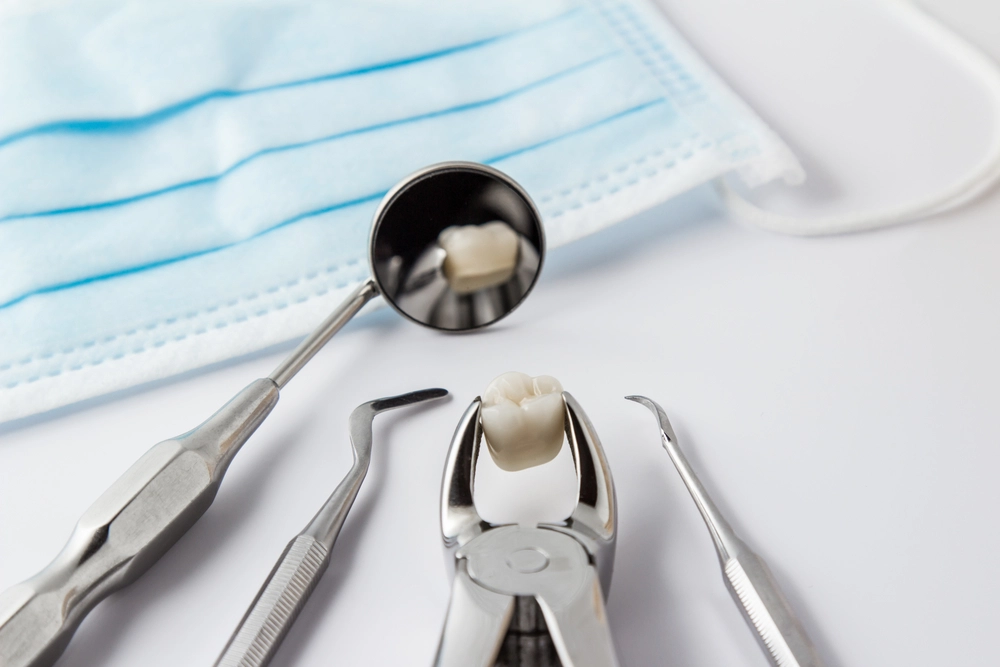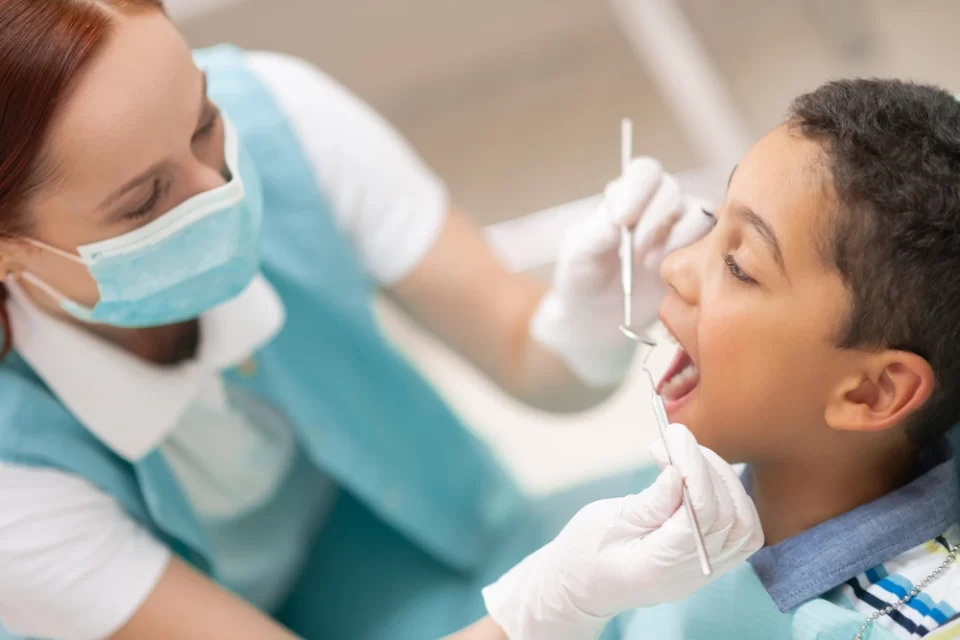Silent Signals: How Your Body Prepares Itself for a Tooth Extraction Before You Know It

Your body’s always a few steps ahead, even when it comes to something like a tooth extraction. Long before you sit in that dental chair, your body is already reacting in quiet, subtle ways. A little swelling here, more sensitivity there, or a dull ache that keeps showing up when you chew. These signs can slip under the radar, but they’re your body’s way of waving a flag that something’s not right.
It might not scream “tooth extraction,” but it’s pointing in that direction. Most people don’t realize how much their body preps behind the scenes for what’s coming. It’s not just about pain—it’s about how your immune system, nerves, and even your posture shift in response to the stress building in your mouth.
These signals matter. Paying attention to them early can make a big difference when it comes time for the actual procedure.
How does the body instinctively respond to a failing tooth?
When a tooth begins to fail—due to decay, infection, or injury—the body initiates a series of instinctive responses to protect the affected area and prevent further damage.
One of the first reactions is inflammation, where increased blood flow brings immune cells to fight off bacteria and start healing. This inflammation can cause swelling, redness, and pain, warning that something is wrong.
Additionally, nerve endings around the failing tooth become more sensitive, amplifying pain or discomfort to alert you to the issue. The body may reinforce surrounding bone and gum tissue to prevent tooth loss, encouraging tissue repair and stability.
In cases of infection, the immune system works to contain and eliminate harmful pathogens. These instinctive responses demonstrate how the body strives to maintain oral health and prepare for necessary interventions, such as dental treatments or extraction before the problem worsens.
What are the early biological changes before a tooth is removed?
Before a tooth is removed, the body undergoes several early biological changes to respond to damage, infection, or decay. These changes prepare the surrounding tissues for healing and help manage the stress caused by the failing tooth.
Key early biological changes include:
- Inflammation: Increased blood flow to the affected area brings immune cells to fight infection and clear damaged tissue, causing swelling, redness, and tenderness.
- Nerve Sensitization: Because the nerve endings around the tooth become more sensitive, the patient may experience increased pain or discomfort, which is a symptom that they want medical attention.
- Immune Activation: The white blood cells and other immune components are activated in order to contain the bacterial infection and stop it from spreading to the tissues that are close to it.
- Bone Remodeling: As a result of changes in tooth stability, the jawbone may undergo a gradual remodeling process, which often results in the area being more robust to support the teeth that are adjacent to it.
- Gum Tissue Changes: It is possible for gingival tissues to swell or recede in reaction to infection or inflammation, which can result in a change in the gum line surrounding the tooth that is impacted.
- Cellular Repair Processes: Cells that have been damaged in the tooth and the tissues around it are broken down and removed, which makes room for the creation of new cells and the healing process.
- Preparation for Healing: Following the removal of tissue, the body begins the process of early healing processes to support the regeneration of tissue.
Understanding these biological responses helps explain why early dental care is crucial for managing tooth problems effectively and minimizing complications during extraction and recovery.
Can the immune system react to a damaged tooth before pain begins?
Yes, the immune system can begin reacting to a damaged tooth well before pain or noticeable symptoms arise. When a tooth starts to decay or sustain injury, bacteria can infiltrate the enamel and dentin layers, triggering an immune response.
White blood cells and other immune components rush to the site to fight infection and prevent it from spreading deeper into the pulp or surrounding tissues. This early reaction helps contain damage and initiate repair processes, even if the person doesn’t yet feel any discomfort.
Because the immune system often acts silently at first, many people may not realize a problem exists until inflammation or nerve irritation escalates, causing pain. This early, symptom-free phase is crucial for preventing more serious complications like abscesses or widespread infection.
Regular dental check-ups are essential to detect these early immune responses and underlying damage, allowing timely intervention before pain or severe damage develops.
Why do some physical symptoms appear before dental intervention happens?
Some physical symptoms appear before dental intervention because the body responds to damage or infection as soon as it begins, often well before a patient notices the problem.
When a tooth is compromised by decay, trauma, or infection, the body activates immune and inflammatory responses to protect and repair the area. This early reaction can cause symptoms like swelling, redness, or sensitivity that serve as warning signs.
Furthermore, nerve endings that are located surrounding the tooth that is impacted may become hypersensitive as a result of inflammation, which can result in discomfort or pain even before the effects of structural damage become apparent. These symptoms are the body’s method of letting you know about underlying problems, which enables you to take corrective action at the appropriate moment.
It is of the utmost importance to recognize these early indicators because they assist in preventing subsequent issues and make dental care more effective while also reducing the risks involved.
Listen to Your Body—Recognize Early Signs Before Tooth Extraction
At Illume Dental of McKinney, we understand that your body often signals dental issues before pain arises. Early signs like subtle discomfort, swelling, or sensitivity are your body’s way of preparing for possible tooth extraction.
Our expert team carefully evaluates these silent signals to provide timely, compassionate care that prevents complications and ensures a smoother treatment experience. Don’t wait for pain to take control—listen to your body and act early.
Schedule a consultation with Illume Dental of McKinney today, and let us help you maintain your oral health with proactive, personalized care.



